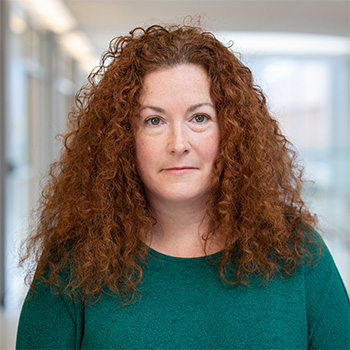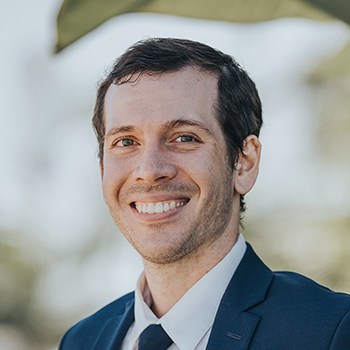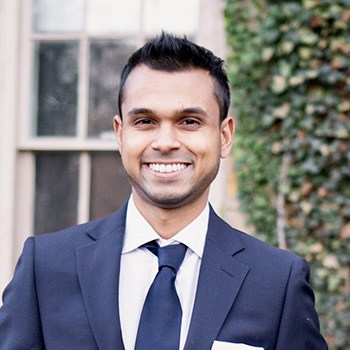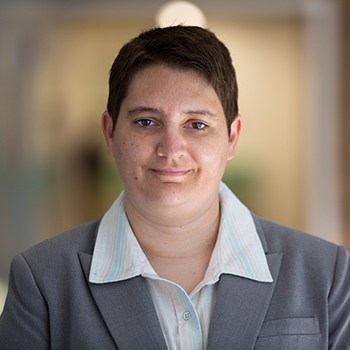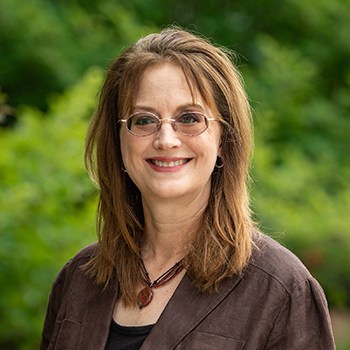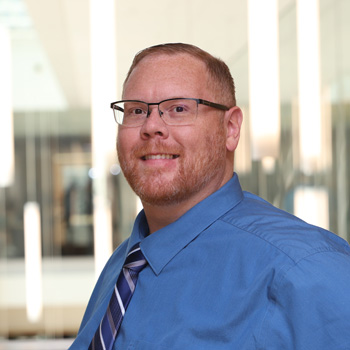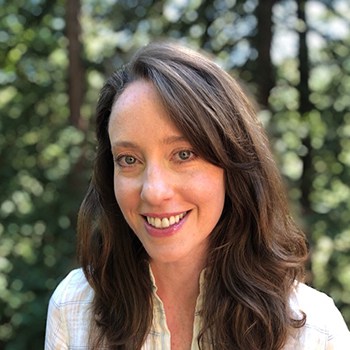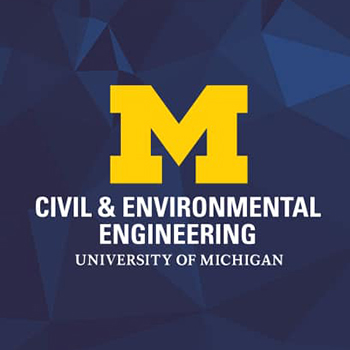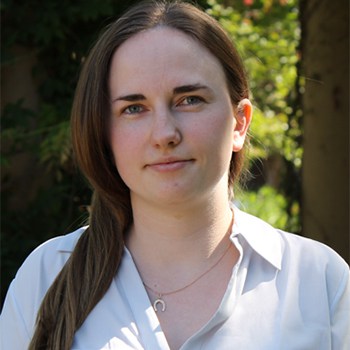Community Engagement and Empowerment (CEE) Committee
The U-M Civil and Environmental Engineering Department (CEE) is dedicated to cultivating leaders in the field and leaders in society. CEE is a community, a department that welcomes and embraces diversity, and an environment that prioritizes belonging and inclusion. We believe that positive change starts from within.
This Community Engagement and Empowerment (CEE) Committee is committed to creating a supportive community (students, postdocs, staff, and faculty) through active self-reflection, awareness, education, and opportunities. The committee is dedicated to fostering an environment where everyone can thrive and is devoted to promoting greater inclusion for diverse identities in the discipline of Civil and Environmental Engineering and in society at large.
Historically, the committee has created a roadmap to strengthen the community within the department, its curriculum, and its programming. This roadmap has guided the projects, events, implementations, and initiatives that the committee has put into practice for the further empowerment of the department, with accountability, transparency, and evaluation being foundational in these processes. The committee’s ultimate goal is to cultivate a culture and climate of tolerance, acceptance, respect, and accessibility that spans our students, postdocs, staff, and faculty.
In Civil and Environmental Engineering, we are more than a department. We are a community, and we are dedicated to showing up for each other.

Community Engagement and Empowerment Committee Office Hours
Office Hours are 1:1 meetings with the CEE Community Projects Coordinator, offering a chance to ask questions or share ideas about the committee and related initiatives.
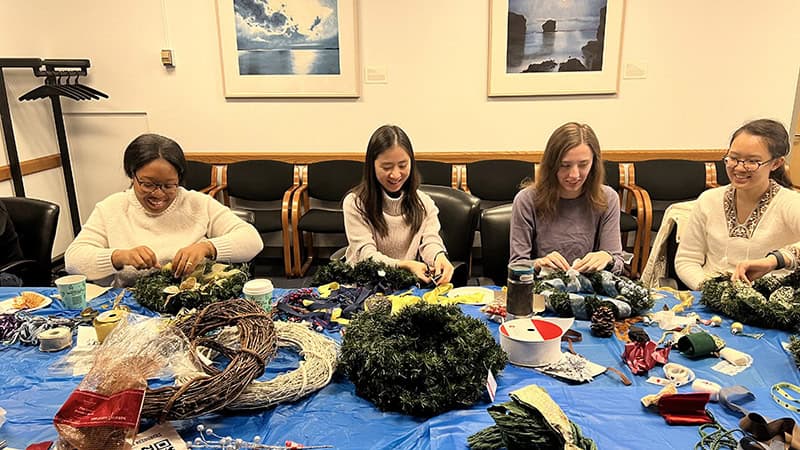
Do you have ideas or feedback you would like to share with the Committee?
Committee Initiatives
Graduate Student Peer Mentoring
The CEE Graduate Student Peer Mentoring program connects fellow graduate students together to navigate through academics, professional development, and personal development. The relationships between mentors and mentees are the core of the program, and are scaffolded by programming and events hosted by the CEE Community & Wellness Coordinator and the Committee. There are four events per academic year, including a kick-off, a career panel featuring academic and non-academic trajectories, a well-being and work/life balance-focused event, and a year-end celebration.
People-First Education
CEE recognizes the historical role our disciplines have played in manifesting social biases in the built environment. We feel that it is essential to educate our students in the historical intersections of CEE and people-first engineering solutions. To this end, we are transforming our undergraduate programs at the University of Michigan, and generating tools to advance CEE education globally.
Curriculum
In collaboration with the Center for Socially Engaged Design (C-SED), the Community Engagement and Empowerment (CEE) Committee is generating case studies that illustrate the society-related implications of specific civil or environmental engineering projects. Three CEE Ph.D. students have been working under the guidance of Dr. Sara Hoffman, C-SED’s DEI Curriculum Development Manager, to research case studies and generate classroom materials, including pre-reading assignments, class facilitation plans, active learning activities, and student reflection prompts. Case studies will be integrated into a transportation course (civil), a water treatment and reuse course (environmental), and an air quality course (environmental). To date, the transportation case study is complete and has debuted in an ENGIN 100 section.
Advancing CEE Education beyond U-M
Faculty in civil and environmental engineering programs are motivated to integrate people-first engineering pricnciples into their teaching. In response, the Committee has created a public-facing database of examples of CEE projects or policies that show unintended consequences, disparate stakeholder outcomes, or inequities in the planning or implementation. Known as the DEItabase, it provides a starting point for faculty in CEE disciplines at UM and beyond who would like to broach these topics in their classrooms. Cases are tagged by subject area to enable efficient searching for specific course topics. Importantly, others can contribute and grow the resource for the community. These endeavors are poised to drive meaningful change in CEE education, making a lasting impact not only at the University of Michigan but also within the broader engineering community.
Norms and Values
The CEE community is committed to fostering open and respectful dialogue, and we believe that to achieve this, it is necessary to coalesce around shared values and norms of behavior. Both the College of Engineering and the University of Michigan have values statements that are well-aligned with CEE values. The challenge the Committee is undertaking is linking those values to specific behaviors that exemplify how the values should manifest in the execution of CEE’s academic mission. A statement of norms will be collaboratively developed to reflect how our community currently exhibits our values, as well as aspirational behaviors that our community members wish to further embrace and make the norm.
Supporting Student Groups
The Committee values the contributions of identity- and interest-based student organizations that work toward inclusion on campus. In alignment with this value, we have committed to support and partner with these organizations. We have liaisons among our committee members to NSBE, SHPE, MANRRS, SWE, oSTEM, and GoSTEM. Our liaisons work with the org leadership to determine how to assist them in their mission; we are careful to follow their lead and avoid issuing instructions.
Resources for parents
A CEE graduate student parent reached out to the Community Engagement and Empowerment (CEE) Committee for help finding community and resources for parents on campus. The CEE Community & Wellness Coordinator assembled a resources page to streamline the search for support with childcare, medical care, and financial support for our student parents. In addition, we are creating a listserv open to all CEE parents (staff, faculty, students, postdocs) as an informal space to share information about parenting in Ann Arbor.
Celebrations of Heritage and Identity-based Observances (HIBOs)
In alignment with our commitment to open dialogue, the CEE Community Projects Coordinator, in collaboration with the Committee, has instituted thoughtful communication about and celebrations of heritage and identity-based observances such as Black History Month, Pride Month, Indigenous Peoples’ Day, etc. These range from department communications to events open to the whole engineering community. Careful consideration goes into each celebration to ensure that it is inclusive of members within and outside of the heritage or identity, it increases attendees’ cultural competency, and it is respectful of the celebrations history and origins.
Volunteer as a Contributing Member
If you want to be a contributing member of the Committee, please email Lissa MacVean ([email protected]), and/or Ann Jeffers ([email protected]). Anyone in CEE is welcome. Contributing members can attend meetings, design and help with committee projects, plan and host events, etc. There is no minimum time commitment. We’d welcome your voice and your energy.
- Building and Valuing Community-Building Skills
- Enabling an Honest and Transparent Dialogue
- Creating a More Just Future by Transforming our Curriculum
- Developing a Healthy and Safe Environment for Peer Mentoring/Sponsorship and Advocacy
- Fostering a Strong, Connected and Successful Community of Scholars and Graduates
- Recruiting a Diverse Community
Contributing Members
The committee also relies on several members of the CEE community who volunteer their time to assist with specific subcommittees:
- Eva Albalghiti
- Shania Allen
- Abigail Valeria Atwood
- Francis Seunghyun Baek
- Kari Bigelow
- Jacqueline Graniel
- Dianna Breanna Kitt
- Mark Kleersnyder
- Renisha Karki
- Lissa J MacVean
- Joseph Thomas Ryan
- Delaney Snead
- Hang Song
- Marta Nguyen Struve
- Laura Lucia Constain Montoya
- Rachel Elizabeth O’Brien
- Brynn Woolley
- Aminata Amy Ndiaye
- Liuyun Xu
- Yifan Xu
Committee Members
Below are the appointed members of the Committee. Appointed members have voting rights on the committee and take on leadership roles.
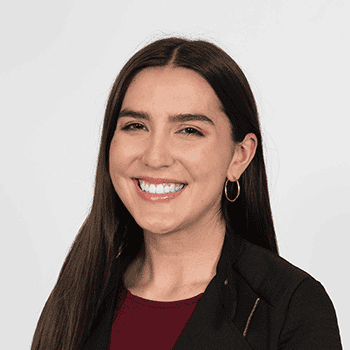
Avery Fields
Student
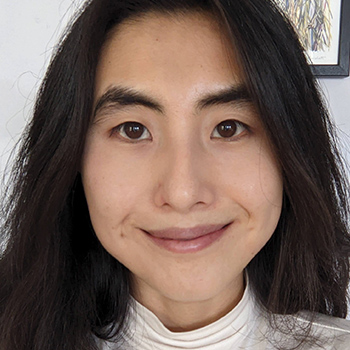
Amy Fong
Student

Mary Fouani
Student
